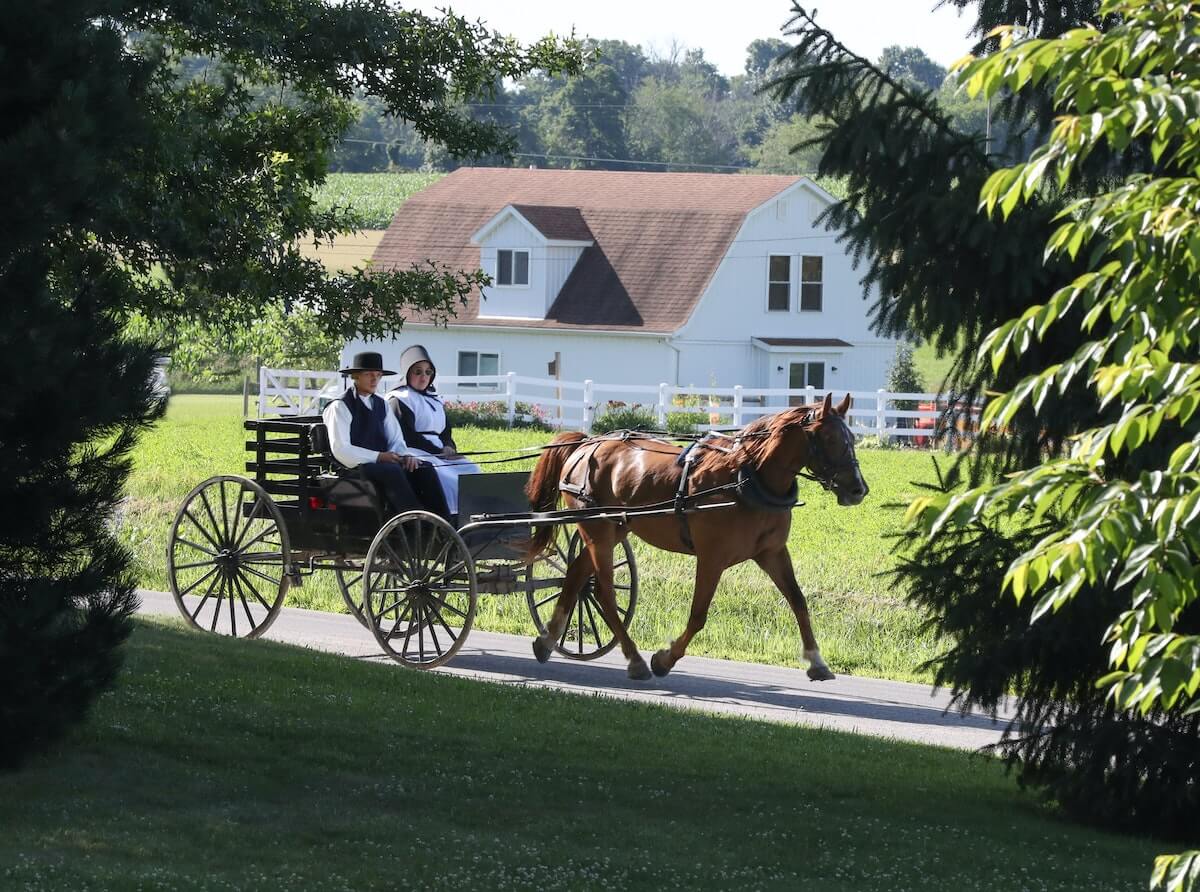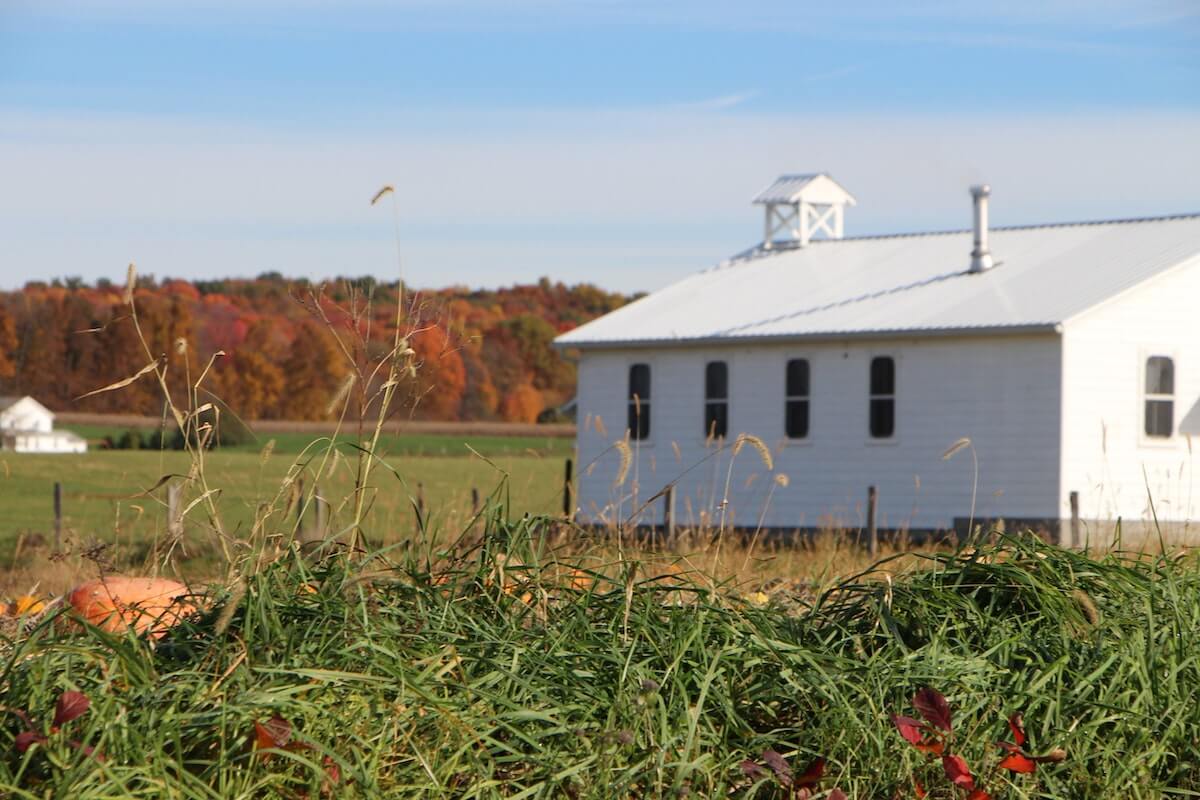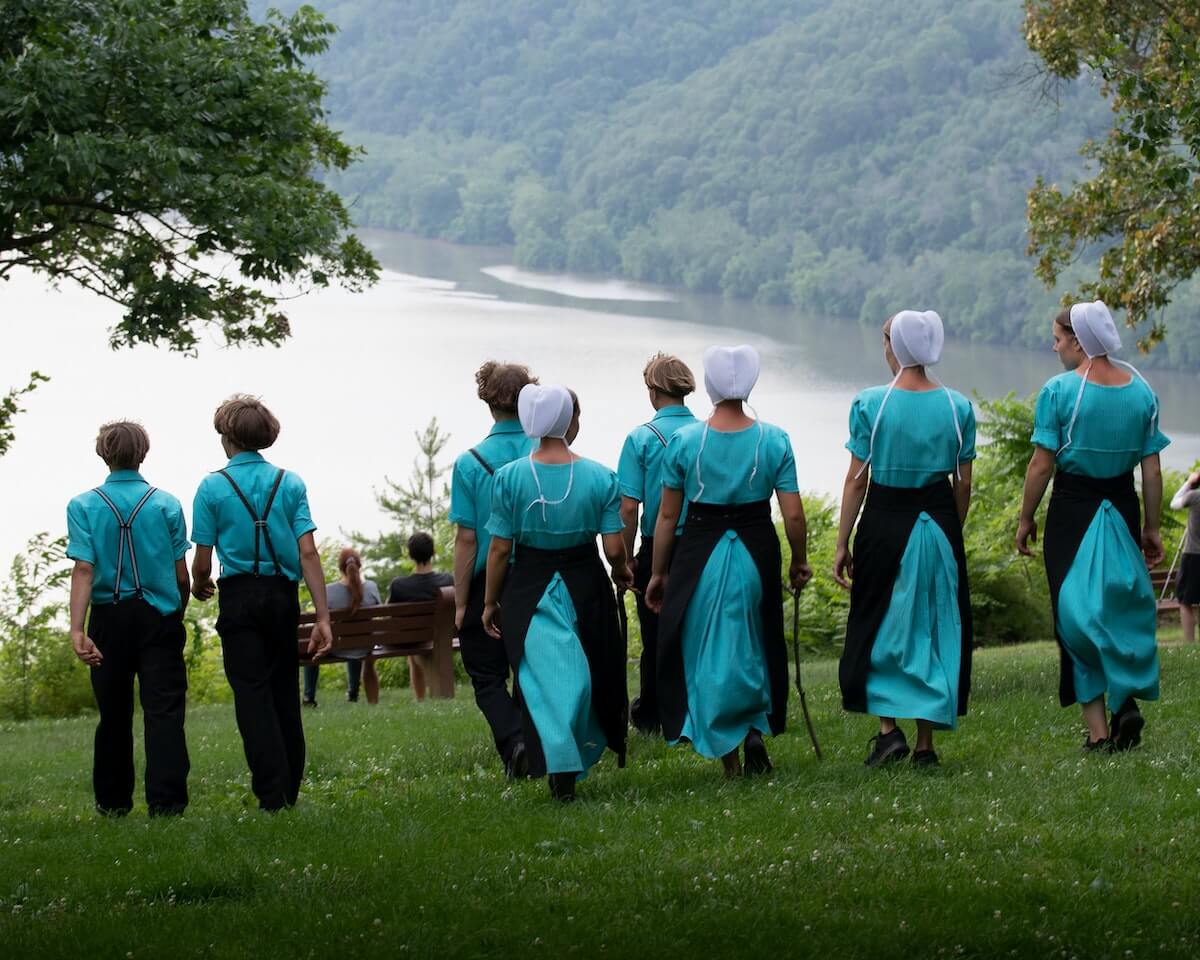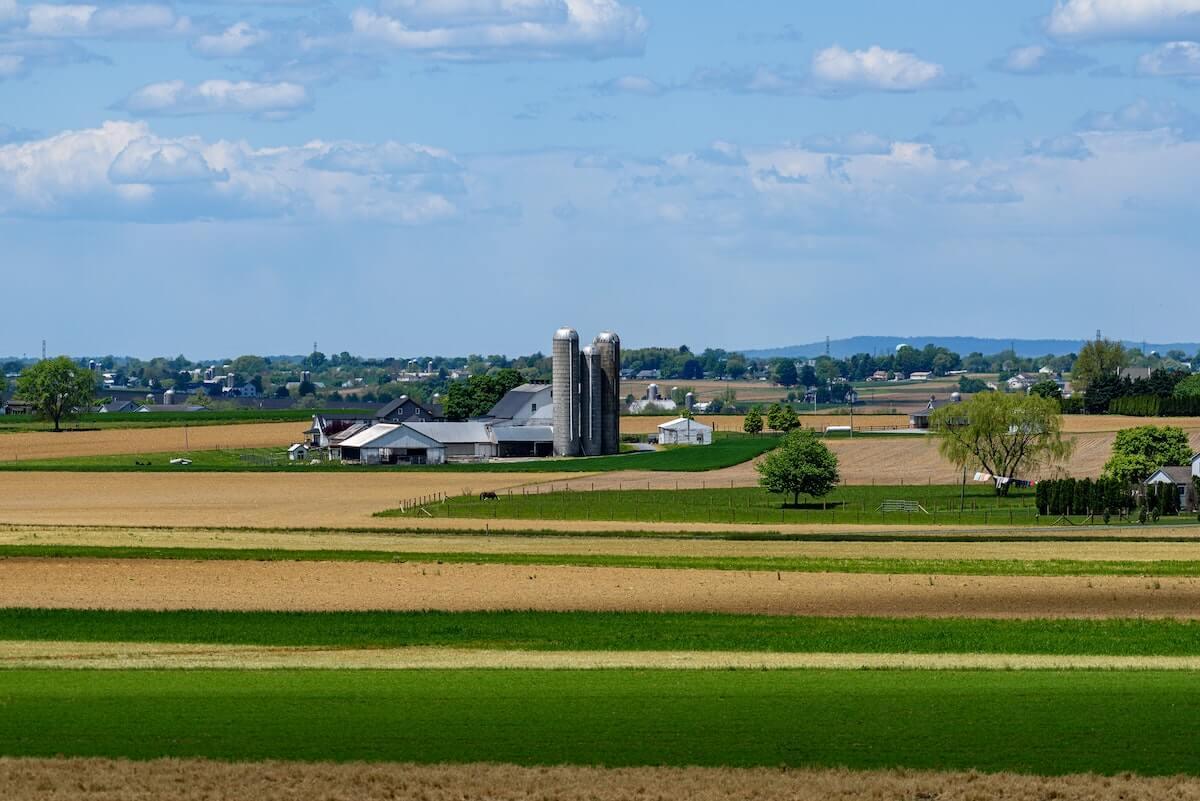Do Amish Pay Taxes?
Last Updated: July 20, 2022 • 7 min read
Author: Chelsea L.
Disclosure: This page may contain affiliate links and we may receive a commission through them, but this is at no additional cost to you. For more information, please read our privacy policy.

This may come as a surprise to many, but the Amish actually do pay taxes. They are required by law, like every other U.S. citizen, to pay their state and federal taxes – although there are some exemptions that they are allowed.
The taxes that the Amish pay include federal income taxes, state income taxes, property taxes, sales taxes, and public school taxes. These taxes are required for all Amish and they must complete and file their taxes like everyone else.
The amount of property taxes and sales taxes differ greatly for the Amish. Since they own a lot of land, from their Amish farms, they are required to pay a large amount of property taxes. However, they do not consume as many goods as the average American, so they tend to pay less in sales taxes just from their purchasing habits. The majority of Amish do not consume alcohol or tobacco and therefore do not pay high taxes on those items.
The Amish pay public school taxes even though most of them do not have their children attend public schools. Instead, they go to private schools in the communities that they fund themselves. These private Amish schools are typically one-room schools for children up to eighth grade and are not a part of the public school system.

Tax Exemptions
While the Amish are required to pay state and federal taxes, they are exempt from paying social security taxes, worker’s compensation, and Medicaid. This exemption was established back in 1965 to give certain religious communities the right to opt out of certain government benefits.
In order for the Amish to be exempt from these taxes, they must join the Old Amish church, meet certain requirements, and file the Social Security Tax Exemption Form 4029 – Application for Exemption from Social Security and Medicare Taxes and Waiver of Benefits with the IRS.
The Amish sign away their right to receive Social Security benefits, worker's compensation benefits, and Medicaid benefits and therefore are not required to pay any taxes on them. They consider these programs to be a form of insurance, which is against their religious beliefs.
The Amish do not have insurance because they believe it would go against God’s will to have it. This includes health insurance as well. If anyone in the Amish community finds themselves in need of financial aid and cannot pay their medical bills, the community chips in to support one another. They are self-sufficient and take care of their sick and elderly so that social security is not a need for their community.
An exception for this religious exemption is for Amish business owners that employ non-Amish workers. The owners must still pay social security, workers' compensation, and Medicaid to their non-Amish employees or any employees that have not been baptized in their church yet.
Do Mennonites Pay Taxes?
Mennonites are not the same as Amish, but they are often confused as being the same. They are required just like the Amish to pay federal income taxes, state income taxes, property taxes, sales taxes, and public school taxes.
However, just like Amish communities, Mennonite communities are one of the religious communities that qualify for the religious Social Security tax exemption. They must apply for this exemption as well using the same form mentioned above.

About the Amish
The Old Order Amish are a group of religious communities that can be traced back to one religious group led by Jakob Ammann in Switzerland beginning in 1693. Their philosophy is based on the Bible and steeped in tradition. These religious groups hold services that use a bible written in High German and most Amish communities speak English and Pennsylvania German – which is a mix of High German and other German dialects.
While they started out in Europe, all considerable communities of the Amish now exist solely in the United States and Canada. In fact, there are more than 660 Amish congregations that reside in 20 U.S. states and Ontario, Canada. The Amish live in rural areas and the highest concentration of Amish in the entire world is in Lancaster County, Pennsylvania. About 39,000 Amish citizens live in this community, which is almost 10 percent of the total Amish population. Each Amish community is autonomous and establishes its own rules and beliefs.
The Amish adhere to a strict set of rules that they live by and tend to isolate themselves from non-Amish people who they refer to as “The English”. These rules vary depending on the communities, but the majority of the Amish adhere to the following:
- Distinctive plain clothing
- No television or online access
- No electricity
- No formal education past eighth grade
- Home Amish religious services
- No birth certificates, social security numbers, or driver’s licenses
- Horse & buggy for transportation
- Pennsylvania German dialect in church services
- Little interaction with the outside world
The Amish believe that the world is immoral and those that can not keep to the church’s moral code and Amish faith are “shunned” or in other words ex-communicated.
While the practice of shunning may sound harsh, the Amish view it as a loving way to uphold the integrity of their church. Shunning consists of social avoidance. This is done by not doing business with the shunned person, eating separately from them, excluding the person from activities, and declining gifts and favors from the shunned while also not offering anything in return. The individual is seen as an outsider and is treated as such.
On Sundays, the Amish worship by taking turns meeting at one another’s homes. The Amish youth and families gather together to worship. There they have a service that includes a short sermon and the main sermon, along with singing, praying, and bible reading. Amish women do not have a role in these services as they cannot hold positions of authority in the church.
The Amish population is growing and has almost doubled in the last 20 years. This increase is probably due to the fact that most Amish members usually do not leave the community and if they do they most often return. The Amish also do not believe in birth control and have families of 7 or 8 children, which adds up pretty fast.
Speaking of Amish children, the Amish raise their own to be very self-sufficient. They look after one another along with tending to their farms starting at the young age of 4 or 5. A typical morning for Amish families usually starts at 4 am as there is a lot of work to get done.
Amish chores consist of:
- Milking cows
- Gathering eggs
- Feeding livestock
- Cleaning the animal pens
- Gardening
- Preparing meals
- Making clothing
- Washing & hanging laundry
- Tending to their fields
- Any other work needed to be done around their property
While farming is a large part of Amish society, the Amish make money doing other things as well. Many Amish men become experience tradesmen and go into furniture making or construction and sell their work outside of the community. Some Amish families will also set up shops where they sell things they've made from their farms.

Final Thoughts
Amish life is very different than the average American life and it can be interesting to learn about their beliefs and practices. While living in Ohio, I was able to see some Amish people driving their buggy and I also shopped at one of their stores. Their pies were one of the best-baked pies that I've ever had and they truly are skilled at their craft. I think it is great that our country respects their religion and has created a way for them to file for tax exemptions for programs that they not only do not use but are also against their beliefs.